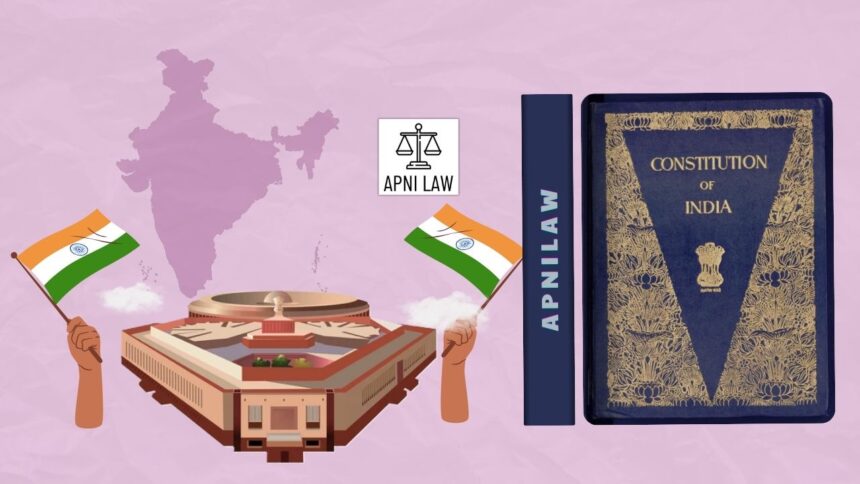Introduction
Human rights are not just a national concern; they are equally important at the local level, where violations often occur unnoticed. To address such issues within states, the Protection of Human Rights Act, 1993 provided for the establishment of State Human Rights Commissions (SHRCs). These bodies function as state-level watchdogs, ensuring that fundamental freedoms and rights are respected and protected. While the National Human Rights Commission (NHRC) works at the central level, SHRCs bring the same mission closer to people by dealing with violations within state boundaries.
Establishment and Composition
Every state government can set up its own Human Rights Commission. The structure is designed to ensure independence and expertise. Each SHRC is headed by a Chairperson, who must be a former Chief Justice or judge of a High Court. Alongside the Chairperson are members who include former judges and human rights experts. This legal and academic experience helps the Commission handle sensitive issues with authority and credibility.
The appointment of members is made by the Governor of the state, based on recommendations from a committee that includes the Chief Minister, the Speaker of the Legislative Assembly, and the Leader of Opposition. This process is meant to keep the Commission impartial and free from undue influence.
Powers of State Human Rights Commissions
The SHRCs have the power to investigate human rights violations occurring within their state. Like the NHRC, they can take up cases on their own initiative (suo motu), based on complaints by individuals, or upon reference by the courts. They can summon witnesses, examine documents, and visit prisons, detention centers, and other institutions to check whether basic rights are respected.
Apart from investigating violations, SHRCs also recommend compensation to victims and advise state governments on reforming laws and policies. They play an important role in raising awareness by conducting training programs, seminars, and campaigns on human rights.
Jurisdiction and Scope
The jurisdiction of SHRCs is limited to matters related to the State List and the Concurrent List under the Constitution. This means they cannot investigate issues concerning the armed forces, which remain under the purview of the NHRC. Despite this limitation, SHRCs deal with a wide range of issues such as police excesses, custodial violence, bonded labor, child rights violations, and discrimination based on caste, gender, or religion.
Limitations of SHRCs
Even though SHRCs are important for protecting rights at the grassroots, they face several challenges. Their recommendations are not binding on the state government, which often weakens their impact. Many commissions also suffer from staff shortages, inadequate budgets, and delayed appointments of members, which reduce their efficiency.
Another limitation is their inability to act on violations committed by private individuals unless there is state involvement. For example, they cannot directly punish a private company or employer but can act if state machinery failed to prevent or address the abuse.
Contribution of SHRCs
Despite challenges, SHRCs have made significant contributions. They have uncovered custodial deaths, addressed bonded labor practices, intervened in cases of caste-based discrimination, and highlighted women’s and children’s rights issues. By bringing such violations into public attention, SHRCs have forced state governments to act, even if reluctantly. Their educational role has also helped spread awareness among citizens about their rights and legal remedies.
Need for Strengthening SHRCs
To make SHRCs more effective, reforms are necessary. Their recommendations should be given more binding force, adequate funding should be ensured, and vacancies must be filled promptly. They also need greater powers to address human rights violations committed by private actors, especially in areas such as labor rights, environmental justice, and corporate accountability.
Conclusion
The State Human Rights Commissions serve as vital institutions in India’s democratic framework. They bring the protection of rights closer to the people and hold state authorities accountable for violations. While their powers remain limited and their recommendations often ignored, their contribution in exposing violations and creating awareness cannot be overlooked. Strengthening SHRCs with more resources, autonomy, and binding powers would make them far more effective in safeguarding the rights of individuals at the state level.








